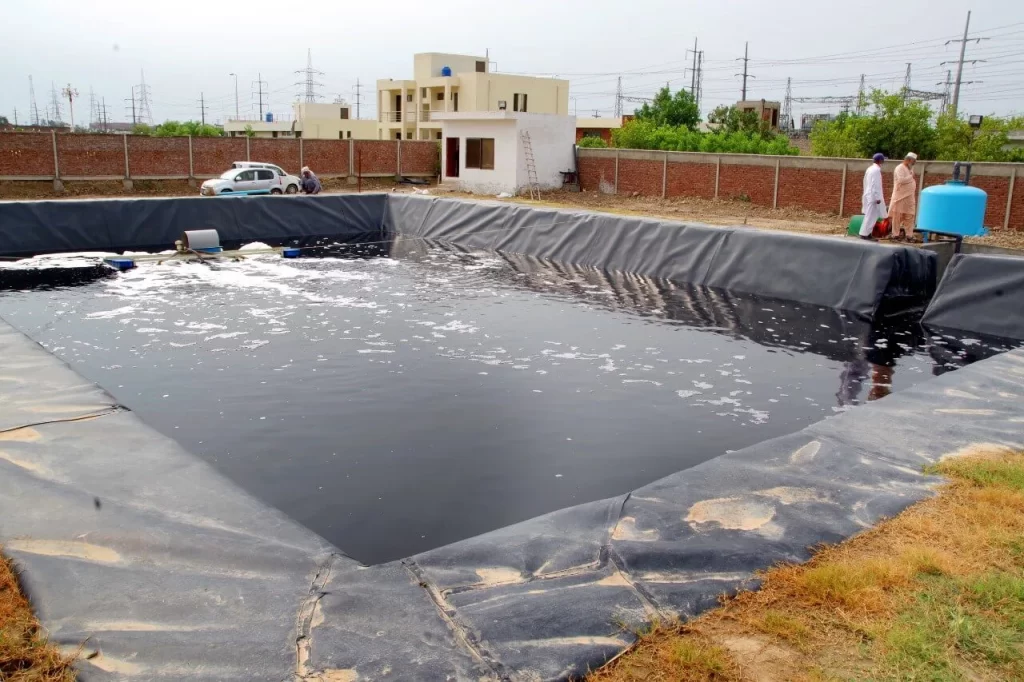Textile industry effluent treatment case study
Introduction: The Textile Industry Effluent Challenge in Pakistan
The textile industry stands as a cornerstone of Pakistan’s economy, contributing significantly to employment and foreign exchange. However, the environmental challenges posed by this sector, particularly concerning the discharge of untreated wastewater, have become increasingly apparent. The reliance on various chemicals in the manufacturing process results in wastewater laden with high levels of pollutants such as COD, BOD, TSS, TDS, and heavy metals, surpassing the standards set by the National Environment Quality Standards (NEQS) established by the government of Pakistan.
Water Care Services Pakistan undertook a comprehensive study to address these environmental concerns, focusing on the implementation of an innovative wastewater treatment system known as BioCleaner. This system, rooted in green technology, employs biological treatment methods to efficiently remove harsh chemicals and contaminants from the effluent stream of a textile plant.
BioCleaner's Efficacy in Treating Textile Industry Effluents
The pivotal objective of our case study was to unveil the extraordinary efficacy of the BioCleaner system in transforming the treatment landscape for textile industry effluents. Specifically, our investigation delved into quantifying the system’s profound impact on critical parameters, including a substantial reduction in Chemical Oxygen Demand (COD) and an overall enhancement in the quality of treated textile industry effluent.
In this exploration of cutting-edge technology, the focus was firmly set on the challenges posed by Textile Industry Effluents, underscoring the urgency and importance of adopting innovative solutions. The BioCleaner system emerged as a beacon of promise, showcasing its ability to address and revolutionize the treatment of Textile Industry Effluent.
BioCleaner's Performance in Textile Industry Effluent Treatment
Water Care Services meticulously orchestrated a systematic evaluation to gauge the exceptional performance of the BioCleaner system in treating Textile Industry Effluent. The process involved precise sampling from the effluent stream of a textile plant, capturing crucial data on key parameters both before and after the treatment. The central focus remained on scrutinizing the system’s proficiency in reducing COD levels, serving as a crucial indicator of the presence of toxic and persistent chemicals in the Textile Industry Effluent.
Results:
The results of the study demonstrated a remarkable reduction in COD levels of up to 78% in the treated effluent. This substantial decrease signified the efficient removal of toxic chemicals and contaminants, which would otherwise pose a threat to the environment and contribute to the risk of ecotoxicity. The success of the BioCleaner system in achieving such notable results underscores its potential as a sustainable and environmentally friendly solution for the textile industry’s wastewater treatment needs.
Conclusion:
Water Care Services’ case study on textile industry effluent treatment highlights the pressing need for innovative and eco-friendly solutions in the face of environmental challenges. The BioCleaner system emerges as a beacon of promise, showcasing its ability to significantly reduce pollution levels in textile wastewater. As the textile industry continues to evolve, adopting such advanced wastewater treatment technologies becomes imperative for ensuring sustainable growth and minimizing the environmental footprint of this crucial economic sector. Water Care Services remains committed to pioneering green technologies that promote water sustainability and environmental stewardship within the textile industry and beyond.
Importance of Water Treatment
Water treatment plays a pivotal role in ensuring the health and well-being of communities worldwide, as it is instrumental in safeguarding our water sources from contaminants and pollutants. By employing various treatment processes such as filtration, disinfection, and purification, water treatment plants mitigate the risks associated with waterborne diseases and toxins, providing clean and safe water for consumption and daily use. Moreover, effective water treatment is essential for preserving the ecological balance of aquatic ecosystems, preventing the depletion of biodiversity, and maintaining the overall sustainability of our environment. Beyond its immediate health impacts, water treatment contributes significantly to economic development by supporting industries, agriculture, and energy production. Recognizing the importance of water treatment is crucial for fostering a sustainable future where access to safe and clean water is a fundamental right for all.

